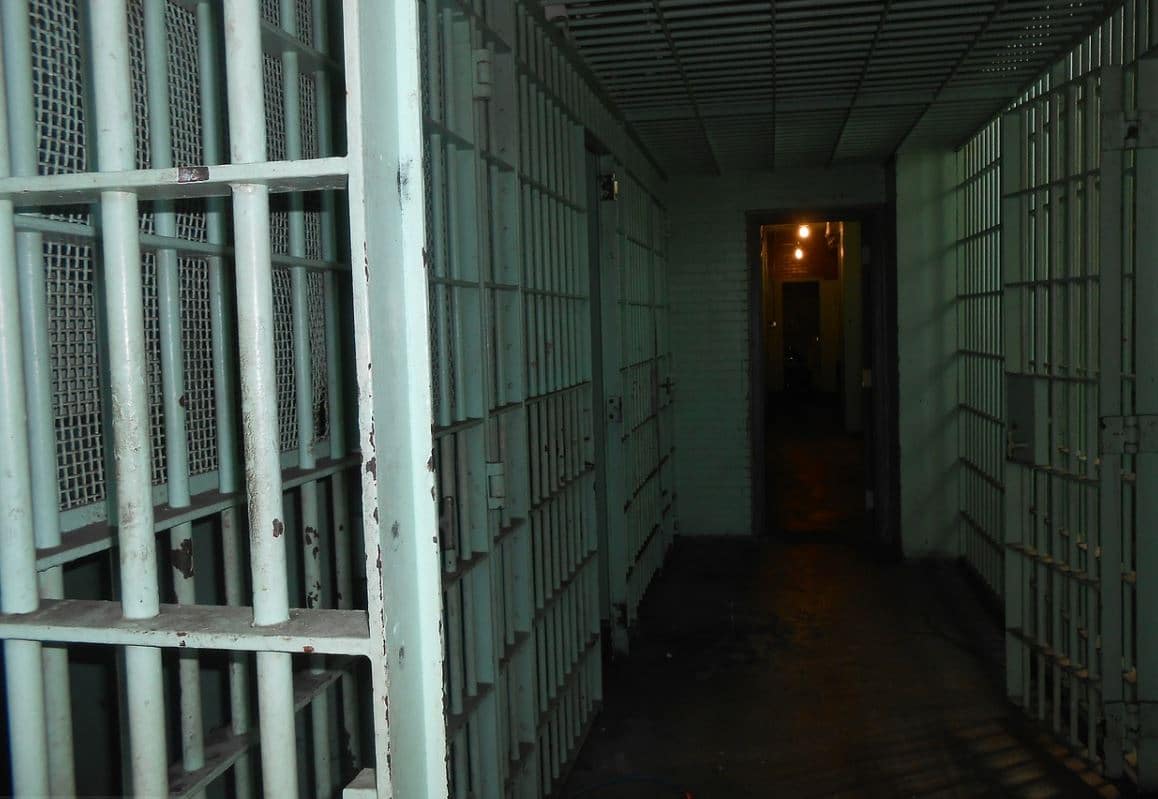Virginia’s New Sentencing Procedure Catches Up with Other States

RICHMOND, Va, – Virginia’s General Assembly passed a jury sentencing reform bill this week that is revolutionary for the state but is already being done nearly everywhere else.
The bill allows juries to decide whether a criminal defendant is guilty but requires judges to set the sentences, except in capital murder cases.
In 44 other states, that’s the way sentencing already is done.
Until now, Virginia law let juries decide guilt or innocence and the sentences to be imposed.
Juries have sentenced defendants for 224 years in Virginia despite outcries from civil libertarians and others.
Supporters of jury sentences say that if a jury can decide guilt, they also should be allowed to decide a sentence.
Critics say Virginia’s “jury penalty” punishes defendants for exercising their Sixth Amendment right to a jury of their peers. The jury penalty refers to the fact that historically juries have imposed stiffer penalties than when a judge follows sentencing guidelines.
Civil rights advocates say the juries can be particularly harsh with Black defendants.
Unlike judges, juries in Virginia are not required to follow state sentencing guidelines. They also lack authority to suspend jail time or to make sentences run concurrently.
Judges could override a jury’s sentence, but a state report says they intervene in only 8% of cases.
In fiscal year 2019, jury sentences exceeded state sentencing guidelines in 37% of cases, according to a Virginia Criminal Sentencing Commission report. In 2018, juries went beyond the sentencing guidelines in nearly half the criminal cases.
The bill passed the General Assembly with support from Democratic Gov. Ralph Northam, who said he favors criminal justice reform.
It was introduced by state Democratic Sen. Joe Morrissey, who said it would result in fairer sentences.
The current system encourages criminal defendants to accept plea bargains that might carry longer sentences than they would receive from judges, Morrissey said. They accept the plea bargains because they are afraid of even stiffer sentences from juries.
Jurors do not know proper sentences, he said.
Sentencing by juries still would be allowed under Morrissey’s legislation but only if the defendants request it. Few defendants are expected to make the request.
Some prosecutors, along with most state Republicans, said the bill would burden the criminal justice system with a need for more jury trials. The courts also would need more judges, clerks and public defenders at a high cost to taxpayers, the bill’s critics said.
A group of 66 Virginia prosecutors sent a letter to state legislative leaders before the vote explaining their opposition to Morrissey’s bill.
They said jury sentencing allows more community input into the criminal justice system.
Other states that allow sentencing by juries are Arkansas, Kentucky, Missouri, Oklahoma and Texas.























